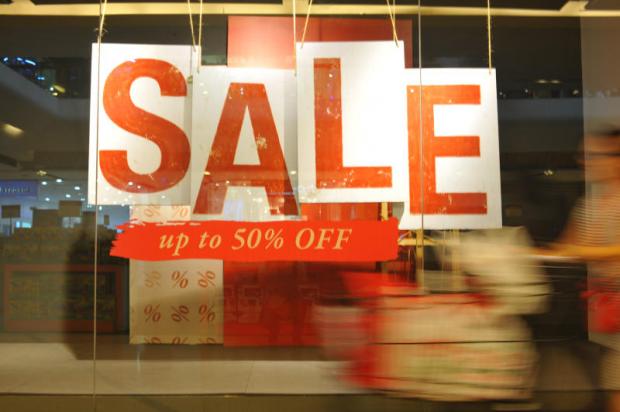
Although consumer prices were up for a third straight month in September, the Commerce Ministry has lowered its 2017 inflation forecast while counting on the stronger baht and the government's welfare schemes to help cap rising prices.
Pimchanok Vonkorpon, director-general of the Commerce Ministry's Trade Policy and Strategy Office, said annual headline inflation was 0.86% in September after a 0.32% reading in August and a 0.17% tally in July.
Annual inflation in the first nine months was 0.59%, she said.
Ms Pimchanok said September inflation was largely due to rising global oil prices and seasonal price increases for fresh fruits and vegetables, whose supply was cut by unfavourable heavy rains.
The Commerce Ministry revised down its 2017 inflation forecast to 0.4%-1.0% from the previous range of 0.7%-1.7%, citing a stronger baht that should help reduce prices for import goods in particular.
Ms Pimchanok said the continued rise of the baht is a key factor in lowering living costs. The baht has risen more than 8% against the US dollar this year as one of the best performers in Asia.
The ministry's latest forecast for 2017 inflation is well below the target of the Bank of Thailand, which has forecast full-year headline inflation of 0.6%, below its 1%-4% target range -- leaving the room for the central bank to keep monetary policy loose to support growth.
The Bank of Thailand kept its policy interest rate unchanged at 1.50% last week, shrugging off calls from the government and businesses for a cut to curb the baht's strength.
Ms Pimchanok said the Commerce Ministry will keep a close eye on the impact of the state welfare cards allowing low-income earners to buy consumer goods at lower-than-market prices.
"Since this policy is aimed at cutting living costs among low-income earners, we have to monitor whether it has any impact on the consumer price index," she said.
The government's welfare and subsidy scheme for the poor began on Sunday and is expected to generate more than 30 billion baht a year in circulating cash at local stores, a liquidity boost that should help the grassroots economy, according to the Comptroller-General's Department.
Based on the assumption that each cardholder will spend 300 baht a month at Thong Fah Pracha Rat stores, and with 600 cardholders in each tambon, an estimated 180,000 baht in sales will be generated at each local store.
Moreover, Ms Pimchanok said the Commerce Ministry will monitor external factors that could affect consumer prices, including tensions in and around the Korean Peninsula.
Core inflation, which excludes volatile food and energy prices, was 0.53% in September.